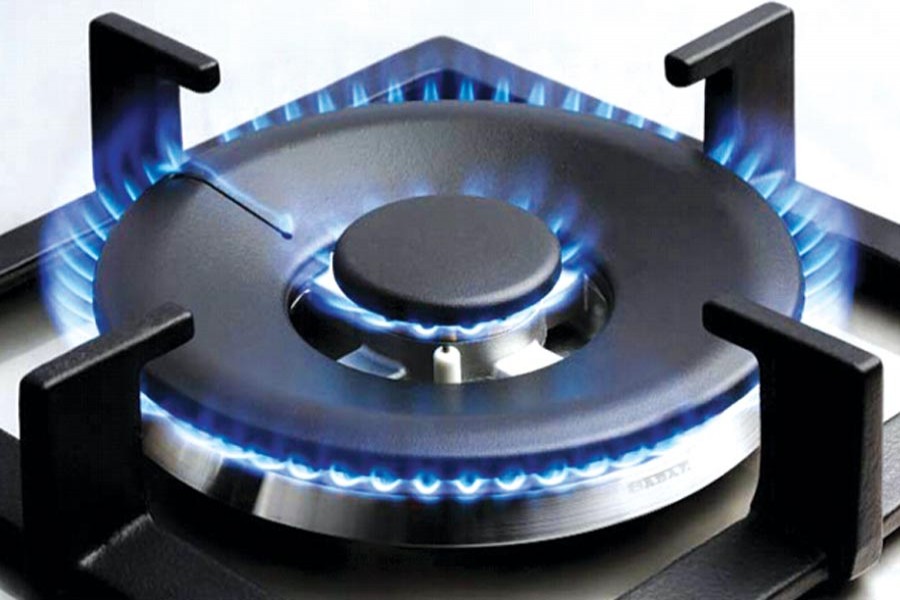Checking illegal connections, cost-based pricing and modern metering system are imperative to ensure optimum use of natural gas in the country, a study suggested.
It called for further exploration of domestic natural gas and also resorting to renewable energy and nuclear solutions.
The study recommended taking into consideration various indices when negotiating liquefied natural gas (LNG) contracts with foreign countries.
Power Division former secretary Muhammad Fouzul Kabir Khan presented the paper at a roundtable on 'LNG tariff: Implication on trade and industries'.
The Dhaka Chamber of Commerce and Industry (DCCI) organised the event at its headquarters in the city on Saturday.
Abul Kalam Azad, principal coordinator (SDG affairs) at Prime Minister's Office, was present as the chief guest and Rahman Murshed, member of Bangladesh Energy Regulatory Commission, as the special guest.
Daffodil International University dean Prof Dr M Shamsul Alam and Dhaka University geologist Prof Dr Badrul Imam, among others, spoke on the occasion.
The study said the diminishing domestic gas production has forced the country to import LNG from abroad to meet its growing demand at households and industries.
The multiple moves made by the government to discover new gas fields are yet to yield any positive results.
"No major gas discovery has been made after Bibiyana (2.5 trillion cubic feet) gas field in 1998," the study showed.
The major discovery in Bhola in 2017 has an estimated reserve of 600-700 billion of cubic feet, it added.
According to the findings, various industrial units across the country often face disruptions due to insufficient gas supply.
The study suggested that industries use electronic volume corrector (EVC) meter instead of analogue meter.
It advised the agencies concerned to follow better energy pricing and strongly negotiate with nations to import LNG and receive relevant services.
In his speech, Mr Azad said LNG price is on the rise not merely in Bangladesh, but also in other countries.
"Our country has been making notable economic growth despite challenges like gas supply shortage," he added.
The energy supply situation is gradually improving here, Mr Azad mentioned.
"System loss in the energy sector has improved substantially in the past one decade," said the principal coordinator.
"The rate of system loss is now limited to around 10 per cent from more than 40 per cent a decade ago," he added.
Meanwhile, Prof Imam said LNG imports do not mean Bangladesh is fast running out of its natural resources.
"Proper explorations in various regions of Bangladesh are a crying need to increase gas supply," he cited.
He said Bangladesh lags far behind its neighbouring India and Myanmar in exploring maritime areas despite having possibilities in the ocean.
Gas exploring activities have mostly remained stalled since 2005, the geologist added.
In his speech, Prof Alam observed that Bangladesh is importing LNG at much higher rates than that of other countries.
He was critical of the energy commission and gas distribution companies like Titas for failing to play a role and take steps against corrupt officials.


